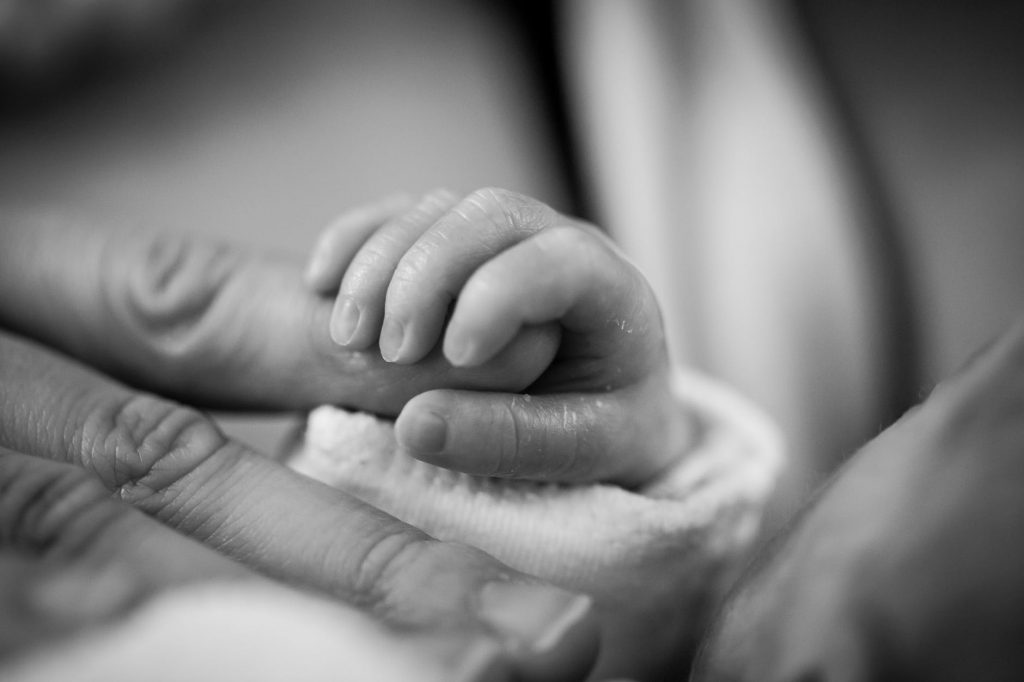Postpartum depression and anxiety are far more common than most people expect. Some estimates peg 7 of 10 live births as being affected by one or both of these conditions, usually peaking 3 months after birth. However, for some women, postpartum depression and anxiety can persist for years.
This shouldn’t be any surprise. Giving birth can be an extremely emotional experience. Not only does one have to contend with the huge hormonal swings, but the experience itself can also sometimes be overwhelming, further upsetting one’s emotional balance.
However, for several reasons, women’s experiences, particularly those of stay-at-home mothers, don’t always grab the headlines. Most people understand that postpartum depression and anxiety exist, but relatively few understand how common it is or what their options are when they end up having it.
This brings us to the connection between childbirth and addiction, or substance use disorder (SUD), as it is more properly called. Rehab in centers in Dallas that specialize in treating women report new mothers comprise a disproportionate number of cases. Recent studies also show that substance misuse is extremely common among new mothers, with roughly half of all new moms in the US using alcohol or other illicit substances to cope with the stresses of motherhood.
Why Do Some New Mothers Misuse Substances?
The use of drugs and alcohol as a coping behavior is extremely common among people undergoing emotional distress. Depression, anxiety, and trauma are commonly linked to the use of substances among people of all ages, incomes, and genders. New mothers, however, are especially vulnerable for a few reasons.
1.) They are Undergoing Enormous Life Changes
Raising children is an incredibly huge responsibility that many expectant parents feel unable to cope with. First-time mothers can feel overwhelmed and alone, even if they have all the resources they need. The demands of raising a child and keeping up with other responsibilities can be too much for some people and substances like alcohol and drugs can often seem like the quick and easy solution to get through an emotionally turbulent time.
2.) Pregnancy Can Change How The Brain Works
Recent studies have shown that Having children literally changes your brain. These changes are now thought to be an evolutionary adaptation intended to help mothers bond with their children. It’s now known that these changes in the brain keep happening up to two years after giving birth.
These changes don’t happen in the same way with all mothers. These changes may make some mothers more vulnerable to certain types of mental health issues, which in turn, may cause maladaptive behaviors, including drug and alcohol use.
3.) Hormonal Changes Can Influence Behavior in Unexpected Ways
Expectant mothers will experience a surge of progesterone and estrogen during pregnancy helps prepare mothers’ bodies for childbirth. These hormones, however, also change how the brain works, with a drastic reorganization of neural connections happening during this time. This is thought to cause the mood swings often associated with pregnancy. These hormonal changes also continue several months after childbirth.
While relatively harmless for most people, these mood swings can cause impulsive behaviors. These behaviors, in turn, can increase the chances individuals with preexisting substance use disorder or related mental health issues will take drugs or alcohol.
4.) Younger Mothers’ Brains Are Still Growing
While postpartum anxiety and depression can strike mothers of any age, younger mothers may be far more vulnerable. Recent studies indicate that, as far as brain development goes, biological adolescence continues up until a person’s mid-20s. Our brains exhibit a high degree of “plasticity” during this stage, which means they are easily malleable according to different experiences.
This may mean that a new mother in their teens or 20s may be especially vulnerable to traumatic events and may be more likely to feel their effects more acutely compared to new mothers who have babies in their 30s or older. If they take drugs or alcohol, this same impressionability also increases the risk a young mother will develop a substance use disorder.
This means if they are experiencing financial hardship or relationship problems — either of which is more common in younger people — they are far more likely to develop trauma, depression, or anxiety as a result of their depression and, therefore, they may be more likely to misuse different substances.
What’s more, if the trauma is strong enough or if no steps are taken to address the new mothers’ mental health, these otherwise temporary conditions may progress into lifelong disorders that are harder to treat.
Symptoms of Postpartum Depression
About 4 in 5 women experience symptoms associated with postpartum depression. Some of these include:
- Overeating or eating too little
- Frequent feelings of impending doom
- Constantly feeling overwhelmed or helpless
- Insomnia or oversleeping
- Memory problems
- Loss of interest in job or hobbies
- Crying at random times
- Body aches
- Stomach upset
- Difficulty concentrating or making decisions
- Irritability
- Doubting maternal abilities
- Thinking of harming one’s child
- Resenting the child
- Imagining life without the child frequently
While these feelings might seem upsetting or something to be ashamed about, experiencing any of these symptoms is normal. However, if these symptoms persist for more than two months or are especially distressing, it may be important to get in touch with a mental health professional for further diagnostics.
Mothers Need to Care for their Mental Health
For better or worse, the experience of motherhood can be extremely impactful, so much so that one’s baseline emotionality and self-identity may be changed forever. Substance use disorder and other mental health problems are not inevitable, but their risks are highly elevated during this tumultuous time.
By knowing what to expect, new mothers can hopefully take better care of their mental health, which leads to positive outcomes not just for them, but for their children as well.

